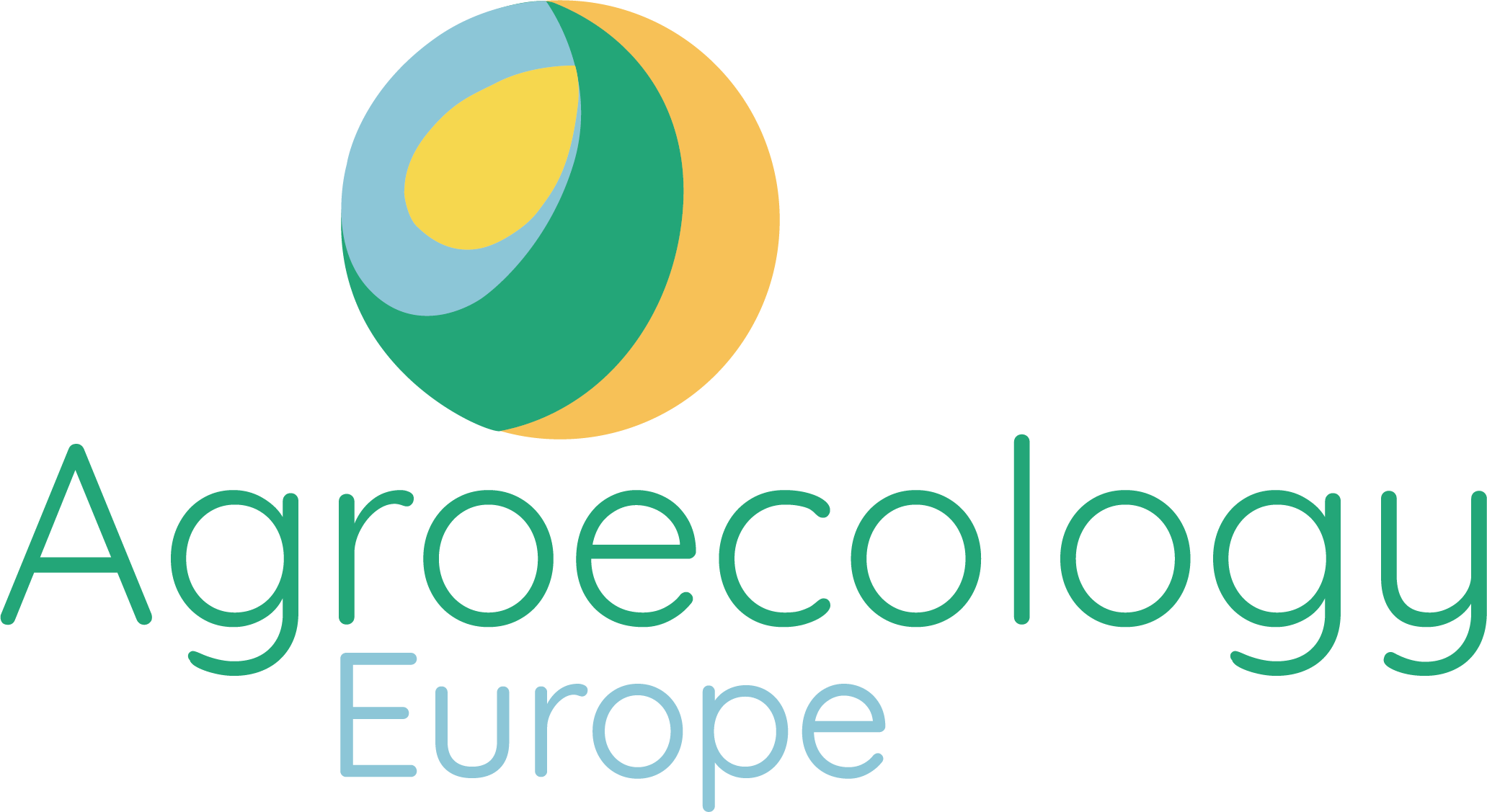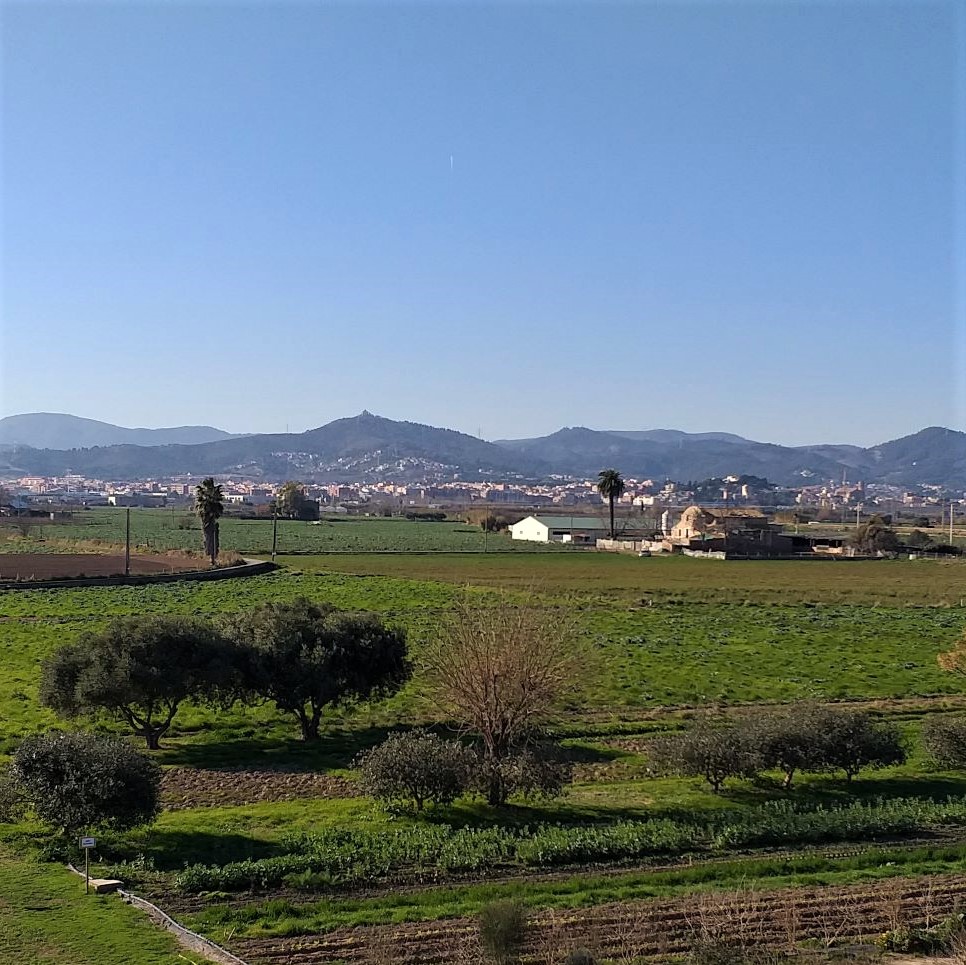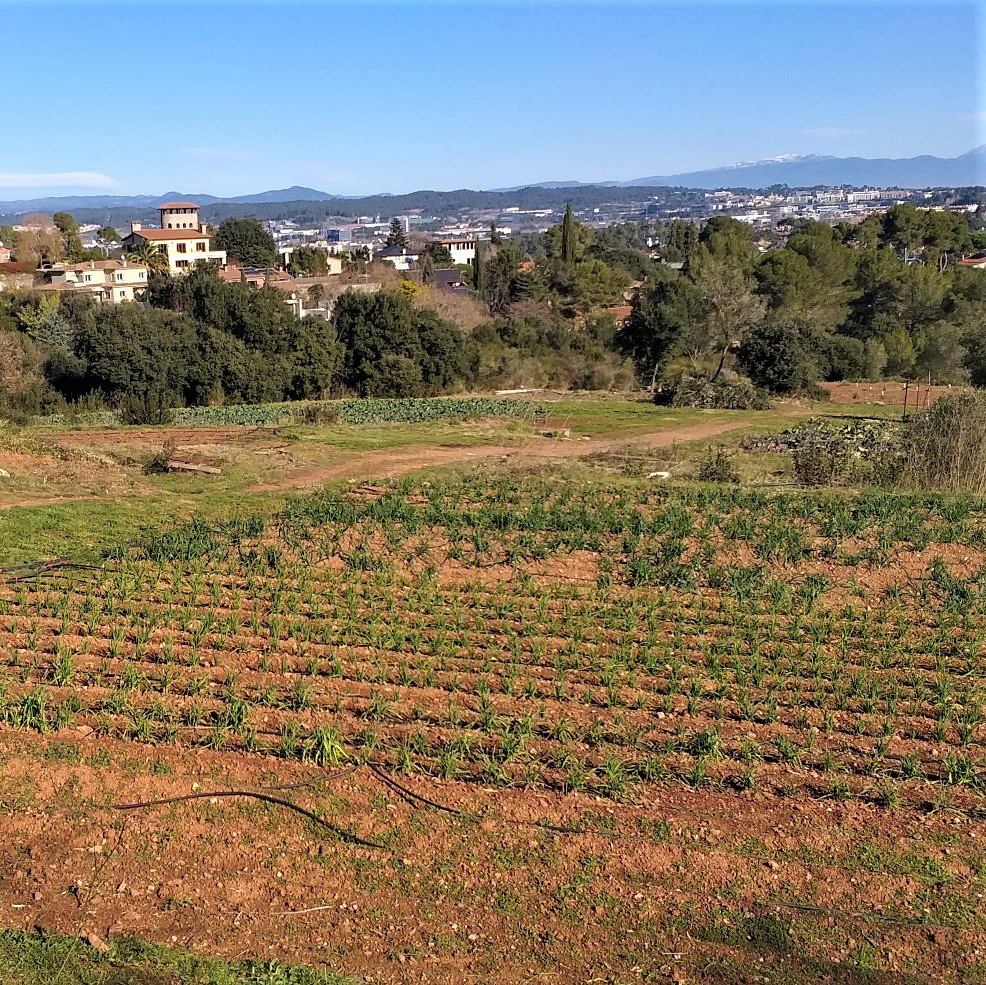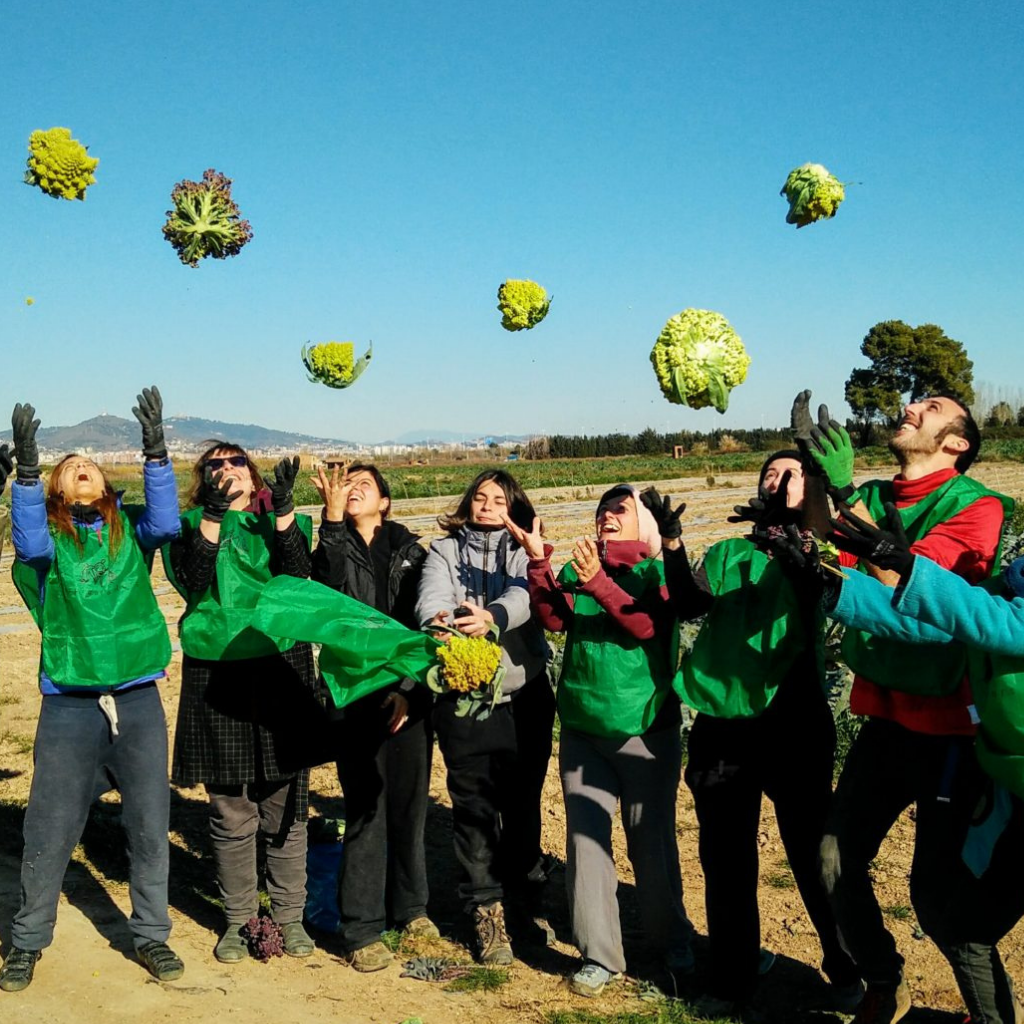Field trips will be an integral part of the Agroecology Europe Forum, in order to experience local farmer cooperatives and research initiatives related to Agroecology. Here are the three options prososed:
The Baix Llobregat Agricultural Park is an agricultural area located in the metropolitan area of Barcelona that has had a specific urban planning protection since 1998.
Its objective is to consolidate and promote agricultural activity in a territory made up of 14 municipalities in the area. For this purpose, the Park Consortium promotes specific programs to preserve the productive values of the agricultural area, promote local quality products and local consumption.
Alterbanc is an initiative that emerges from agroecological social movements urging the local administrations to prioritize that the food that should reach vulnerable families is purchased at remunerative prices to small organic farmers of proximity. Its logistical headquarters are shared with Ecocentral, a food distributor working to link regional organic food producers with eighty-eight Catalonian school cantines.
The project Alimentem Collserola – “Let’s Feed Collserola! – aims to promote fairer and more sustainable local food systems and to reactivate agricultural activity in the area of influence of the Sierra de Collserola Natural Park.
This Natural Park covers an area of 8,259 hectares and is surrounded by densely populated and urbanized municipalities in the metropolitan area of Barcelona.
Alimentemos Collserola’ is an intervention strategy that incorporates, through a broad participatory process, the different types of knowledge and visions of local agents in various areas (socioeconomic, ecological, cultural, etc.) in order to promote agricultural production, local and ecological consumption, agroecological education and agrifood heritage.
Fundació Espigoladors is a non-profit organisation which fights against food waste and losses, while empowering people at risk of social exclusion from a transformative, participative, inclusive and sustainable way.
They harvest fruits and vegetables that are not suitable for the market. Most of them are distributed to social entities in order to reach people who do not have access to them. They transform the other recovered produce into preserves while providing job opportunities to people at risk of social exclusion.



